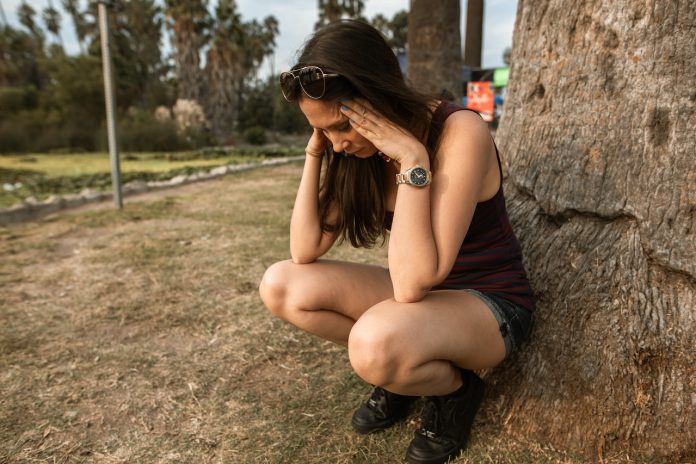From time to time, anxiety feelings are not an issue. Instead, it’s a natural stress response. However, anxiety can become a lot to bear and adversely impact each corner of your life. According to medical statistics, around forty million Americans have anxiety disorders. Anxiety disorders are caused by several factors and triggers, including environmental and genetics. If you are experiencing Howell anxiety, knowing the potential triggers can help you manage it. Here is a look at the common anxiety triggers.
Medications
Certain prescription and over-the-counter medications can trigger anxiety symptoms. Such medications have active ingredients that make you feel unwell or uneasy. These feelings can trigger events in your body and body that might cause anxiety symptoms. Some medications that might trigger anxiety include; weight loss medications, congestion and cough medications, and birth control pills. If you experience uneasiness after taking a particular medication, talk to your doctor about alternative medications that don’t trigger anxiety symptoms.
Health Problems
Diagnosed with difficult or upsetting diseases such as cancer might trigger or worsen your anxiety symptoms. This is a powerful trigger for the personal and immediate feelings it generates. Engaging with your doctor can help decrease the anxiety caused by health problems. You can also consider talking to your therapist about the diagnosis.
Financial Concerns
Concerns about debts, how to cover unexpected bills, and to save money can help trigger anxiety. Learning how to manage such anxiety triggers might require you to seek professional help from financial advisors. The feeling of having a guide and a companion in your financial journey will help ease your worry.
Negative Thoughts
Your mind has significant control over your body. When you are frustrated or upset, your thoughts can trigger increased anxiety. If you tend to think negatively about yourself, you should learn to refocus your mind on other things when such thoughts cross you. A therapist will help you to improve your positive thinking.
Caffeine
A significant percentage of people rely on a cup of coffee every morning. However, that might be one of your anxiety triggers. According to a scientific review in 2022, drinking around five cups of coffee can increase anxiety and trigger panic attacks in individuals with panic disorders. Keep in mind that energy drinks also contain a particular percentage of coffee. Therefore, always reduce your caffeine intake by avoiding caffeinated drinks wherever possible.
Conflicts
Conflicts of any type, be it relationship disagreements and arguments, can all trigger anxiety. It often causes chronic stress that worsens your anxiety symptoms. If any conflict causes anxiety, you might need to learn some strategies for conflict resolution. Also, consult with a mental health expert or therapies to learn how to manage the feelings caused by these conflicts.
Skipping Meals
Skipping meals causes your blood sugar levels to drop. This causes a rumbling tummy and jittery hands and might trigger anxiety symptoms such as agitation and nervousness. Taking a balanced meal will offer you sufficient energy and essential nutrients. Eating three meals daily plus healthy snacks will help prevent low blood sugar and anxiety symptoms.
Ultimately, feeling anxious occasionally is common, but the chronic feelings of fear, worry, or dismay are signs of an anxiety disorder. Fortunately, anxiety is highly treatable. Understanding and identifying your triggers will help you to overcome them. If your anxiety negatively affects your daily life, you should seek professional help. A mental health specialist will help you find a customized treatment plan to cope with the anxiety triggers and ease your symptoms.






